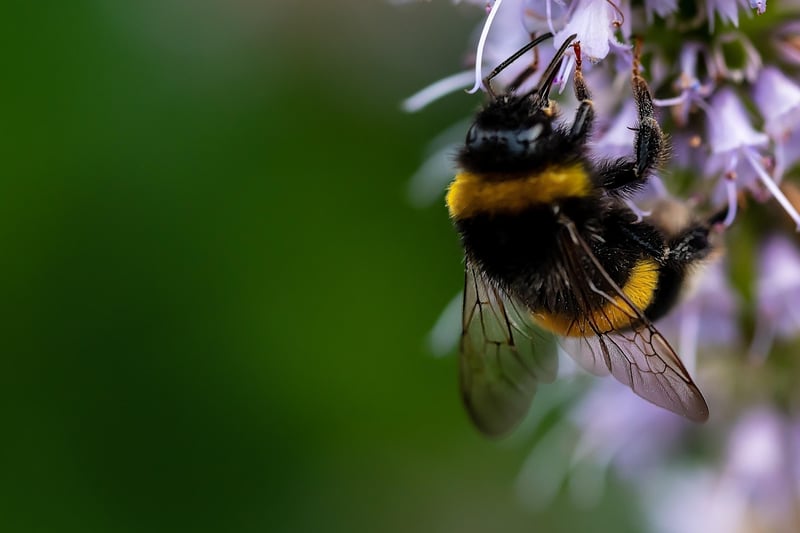Pollinator-friendly Gardens
Environmentally Conscious Gardening Methods for Pollinator-Friendly Gardens
Welcome to the world of environmentally conscious gardening! Creating a pollinator-friendly garden not only adds beauty to your outdoor space but also helps support vital pollinators like bees, butterflies, and hummingbirds. By adopting eco-friendly practices in your garden, you can contribute to a healthier ecosystem and promote biodiversity. Let's explore some sustainable gardening methods to create a thriving pollinator habitat.
1. Native Plants Selection
Choose native plants for your garden as they are well-adapted to the local climate and soil conditions, requiring less water, fertilizer, and pesticides. Native plants provide food and habitat for pollinators, supporting their life cycle.
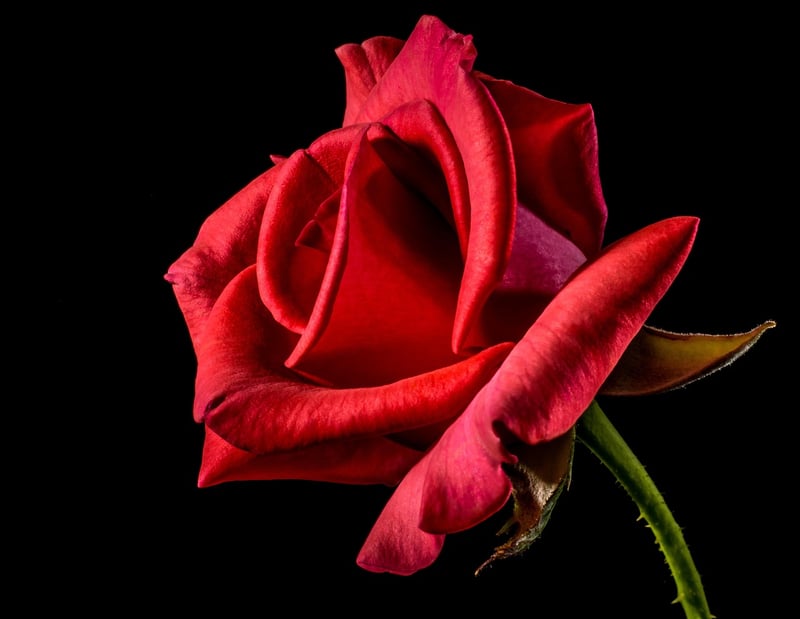
2. Avoid Chemical Pesticides
Avoid using chemical pesticides in your garden as they can harm pollinators and other beneficial insects. Opt for natural pest control methods like companion planting, crop rotation, and beneficial insect attraction to maintain a healthy balance in your garden.
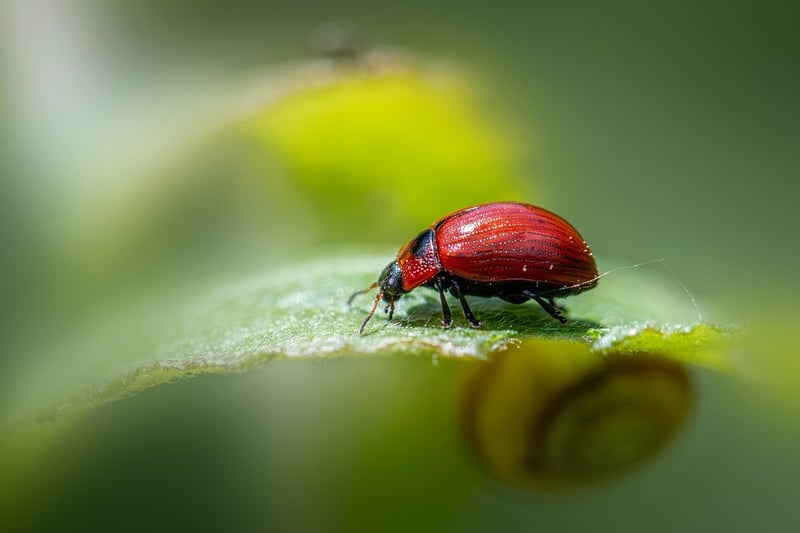
3. Water Conservation
Practice water conservation in your garden by using mulch to retain soil moisture, installing rain barrels to collect rainwater, and watering plants early in the morning or late in the evening to reduce evaporation. Conserving water helps protect the environment and saves resources.
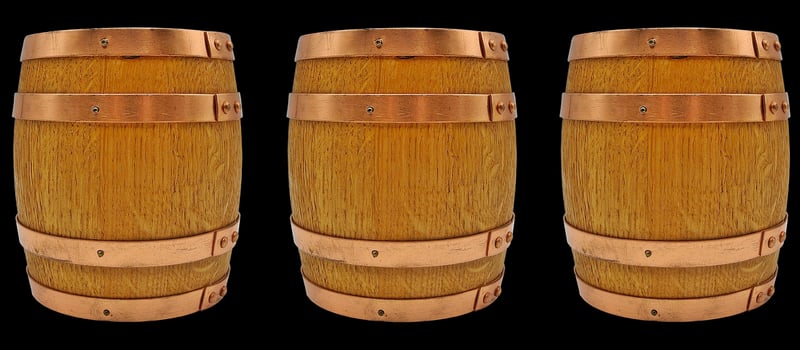
4. Composting
Start a compost pile in your garden to recycle organic waste into nutrient-rich compost. Composting reduces landfill waste, enriches soil fertility, and minimizes the need for chemical fertilizers. Healthy soil supports plant growth and provides a nourishing environment for pollinators.
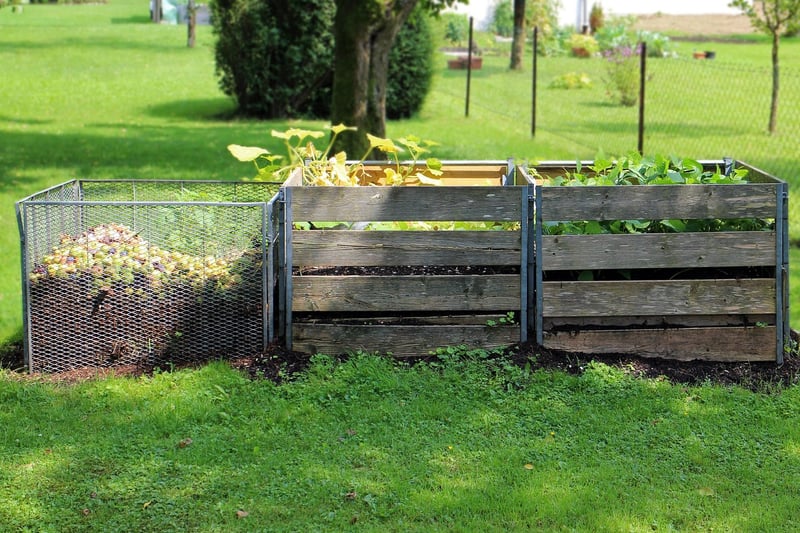
5. Provide Shelter and Nesting Sites
Create sheltered areas in your garden with dense vegetation, rock piles, or brush piles to offer protection and nesting sites for pollinators. Different species of bees and butterflies have specific habitat requirements, so diversity in your garden design is key to supporting a variety of pollinators.
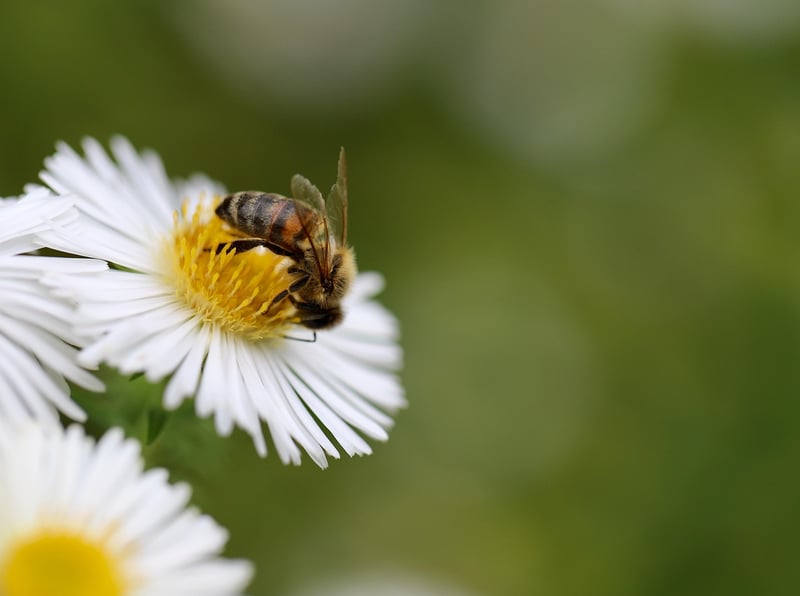
Embracing environmentally conscious gardening practices not only benefits pollinators but also enhances the overall health and sustainability of your garden. By creating a pollinator-friendly garden, you can make a positive impact on the environment and enjoy a vibrant and thriving outdoor space.
Start implementing these eco-friendly gardening methods today and watch your garden bloom with life!
For more information on pollinator-friendly gardening, visit Pollinator Partnership.
